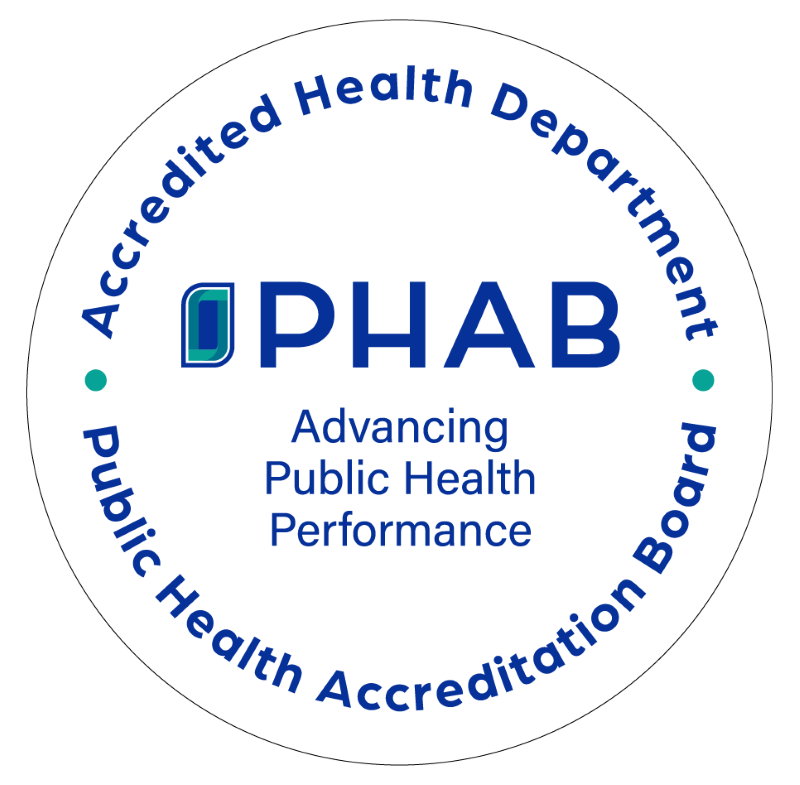Sexually Transmitted Infections:
Many sexually transmitted infections (STIs) are preventable. The U.S. Health and Human Services Department reports more than 20 million new cases of STIs in the U.S. each year.

Without treatment, these diseases can lead to major health problems such as sterility, permanent brain damage, heart disease, cancer, and even death.
How do STIs Spread?
Sexually transmitted infections are spread by having unprotected sex (genital, oral, or anal) with a person who has a sexually transmitted infection. You do not have to "go all the way" to get an STI. This is because some of the STIs, like herpes, HPV and Monkeypox (Mpox) can be sread by skin-to-skin contact. There are many STDs (sexually transmitted diseases) including gonorrhea, chlamydia, hepatitis B, and HIV among others. About half of the infections are in people between the ages of 15 to 24 years.
What are Some Common Symptoms?
Most people are unaware that they have a sexually transmitted infection (STI) because they do not notice the symptoms or do not have any symptoms. Millions of people don’t know they’re infected until serious and often permanent damage has occurred or until they pass the infection to someone else. The more people you have unprotected sex with, the greater the chances are that you will get an STI. If you have had unprotected sex, get tested for STIs, even if you feel fine. If you are a teen, try to talk to your parents. If you can’t talk to your parents, you can get treatment by yourself—teens don’t need their parents’ permission to get an STI treated.
Go to a doctor’s office or clinic right away if you have any of these symptoms:
- Pain when you go to the bathroom
- A strange fluid or drip from the penis or vagina
- Bleeding between periods (women)
Can STIs be Treated?
Most STIs can be treated. If you have an STI, tell your partner(s) that they need to get tested too. Take all of the prescribed medicine even when you feel better. Never take someone else’s medicine. Do not have sex until you and your partner are treated.
Clinton County Health Department contracts with Planned Parenthood for free STI clinic services.
Reviewed 05/23/2025


































